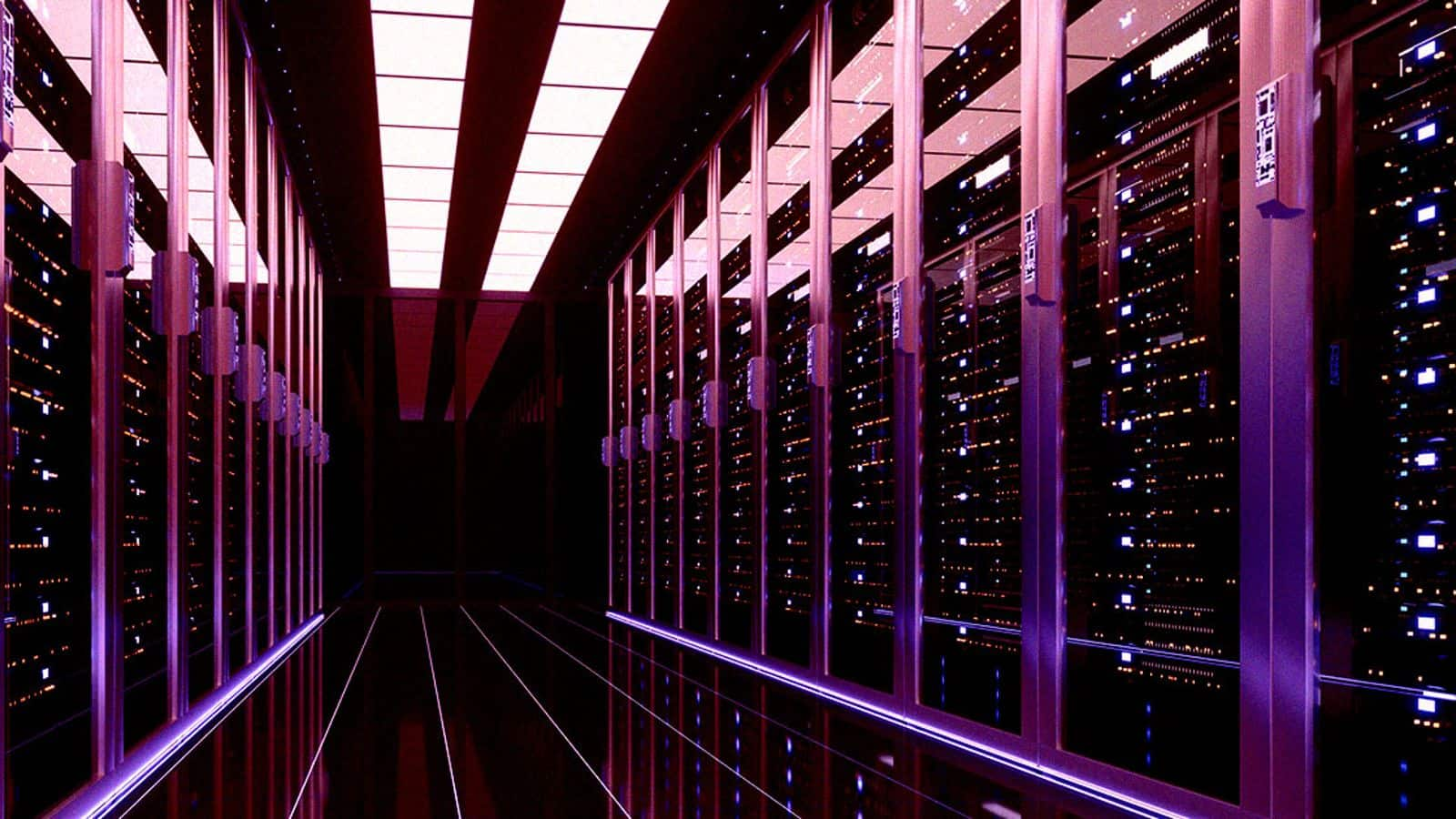
China's AI data centers to outpace Korea's human water consumption
What's the story
China's burgeoning artificial intelligence (AI) sector is leading to the creation of numerous data centers with high water usage. A recent study by the Hong Kong-based non-profit, China Water Risk, suggests these centers could soon consume about 343 billion gallons of water. This amount is equivalent to the water consumption of 26 million people, and could rise to 792 billion gallons by 2030, enough for South Korea's entire population.
Cooling needs
Data centers' high water consumption explained
The high water consumption of data centers is due to the cooling needs of AI models. These models are known for their high energy consumption and heat generation, necessitating water usage to prevent overheating. China Water Risk predicts that China might triple its data centers by 2030, housing approximately 11 million racks filled with servers and other equipment.
International trend
Global AI revolution increases water usage
The trend of high water usage is not exclusive to China. The AI revolution has led to increased water consumption in other countries, including the US. Last year, Microsoft, an OpenAI partner, used a staggering 185,000 gallons of water just for training GPT-3. Google also reported consuming an enormous 5.6 billion gallons of water in 2022, as per its Environmental Report released in 2023.
Energy consumption
AI chatbots consume more energy than traditional methods
AI chatbots consume more energy than traditional online information search methods, due to their reliance on specialized chips that require large amounts of electricity. According to a report by China Water Risk, if 100 million users interacted with OpenAI's ChatGPT, it would use water equivalent to filling up 20 Olympic swimming pools. In contrast, performing the same task using Google Search would only use up one swimming pool's worth of water.
Resource depletion
High water usage raises environmental concerns
The high water usage associated with AI could have disastrous consequences in areas where water resources are already critically low. Recently, The Atlantic reported that Microsoft was attempting to hide the water usage of its data center located in the Arizona desert. Experts are voicing concerns about a potential increase in energy and water consumption due to the ongoing AI trend.
Sustainable solutions
Call for energy-efficient AI development
Rene Haas, CEO of Arm Holdings Plc, expressed his concerns about the world's data centers consuming more electricity than India by the end of this decade. He warned of AI exceeding our global energy needs and suggested developing new methods to train and power these AI models, using more energy-efficient chips. "There needs to be broad breakthroughs," Haas told Bloomberg, "Any piece of efficiency matters."